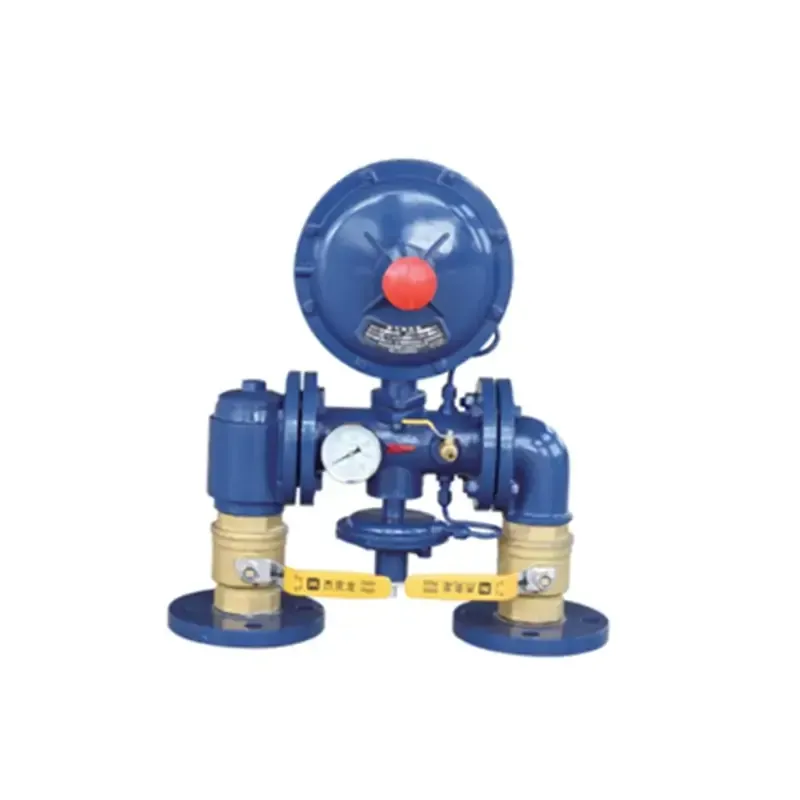
Dec . 07, 2024 07:22
Back to list
filtration
Understanding Filtration A Key Process in Various Industries
Filtration is a crucial process used in numerous industries to separate solids from liquids or gases. The objective of filtration is to purify, clarify, and concentrate materials for a wide range of applications. From water treatment plants that provide clean drinking water to pharmaceutical companies ensuring the purity of their products, filtration plays an indispensable role in maintaining quality and safety.
At its core, filtration involves the use of a medium or a barrier that allows certain particles to pass through while retaining others. This process can be physical, chemical, or biological, depending on the materials being filtered and the desired outcome. The simplest form of filtration can be seen in everyday life, such as using a coffee filter to separate coffee grounds from liquid, but the principles of filtration have applications that extend far beyond this common example.
Types of Filtration
There are several types of filtration techniques employed across various sectors, each suitable for different applications.
1. Mechanical Filtration This is one of the most widely used forms of filtration. In this method, a barrier, such as a mesh or sieve, physically obstructs larger particles while allowing smaller particles and fluids to pass through. Mechanical filtration is commonly used in water treatment, where sand and gravel filters help remove contaminants from water.
2. Chemical Filtration This type of filtration involves the chemical interaction between the filter medium and the contaminants. For example, activated carbon filters use adsorption to remove impurities. These filters are prevalent in both air and water purification systems, as they can effectively capture various organic compounds and chlorine.
3. Biological Filtration This process utilizes living organisms to remove contaminants from liquids or gases. Biological filters often employ microorganisms to break down organic matter. This method is frequently used in wastewater treatment plants, where bacteria help decompose organic pollutants, making the water safe for discharge.
filtration

4. Membrane Filtration In this advanced technique, a semi-permeable membrane selectively allows certain ions or molecules to pass while blocking others based on size or charge. Membrane filtration has gained immense popularity in applications such as reverse osmosis for desalination and ultrafiltration in food and beverage processing.
Applications of Filtration
The applications of filtration are vast and varied. In the food and beverage industry, filtration is essential for ensuring product safety and extending shelf life. For instance, beer and juice undergo filtration to remove solid particles and unwanted flavors. Similarly, in pharmaceuticals, filtration is critical for producing sterile products by effectively removing contaminants that could compromise patient safety.
In environmental science, filtration techniques are vital for treating wastewater and ensuring that harmful pollutants do not enter natural water bodies. As global awareness of environmental issues increases, industries are being called upon to adopt more efficient filtration methods to reduce their ecological footprint.
Moreover, the air quality industry relies heavily on filtration systems. Air purifiers equipped with HEPA filters can trap allergens, dust, and other particulate matter, providing cleaner air in residential and industrial environments. As people become more concerned about indoor air quality, the demand for advanced filtration solutions is expected to rise significantly.
Conclusion
In conclusion, filtration is an essential process that underpins many aspects of modern life. Whether in maintaining the quality of drinking water, ensuring the safety of pharmaceuticals, or improving air quality, filtration technologies continue to evolve, offering innovative solutions to meet the challenges of today’s industries. As we face increasing environmental concerns and public health challenges, the role of filtration will only become more critical. Ongoing research and development in filtration technology will be key to enhancing its efficiency and effectiveness, ultimately contributing to a cleaner, safer world for all.
Next:
Latest news
-
Safety Valve Spring-Loaded Design Overpressure ProtectionNewsJul.25,2025
-
Precision Voltage Regulator AC5 Accuracy Grade PerformanceNewsJul.25,2025
-
Natural Gas Pressure Regulating Skid Industrial Pipeline ApplicationsNewsJul.25,2025
-
Natural Gas Filter Stainless Steel Mesh Element DesignNewsJul.25,2025
-
Gas Pressure Regulator Valve Direct-Acting Spring-Loaded DesignNewsJul.25,2025
-
Decompression Equipment Multi-Stage Heat Exchange System DesignNewsJul.25,2025

